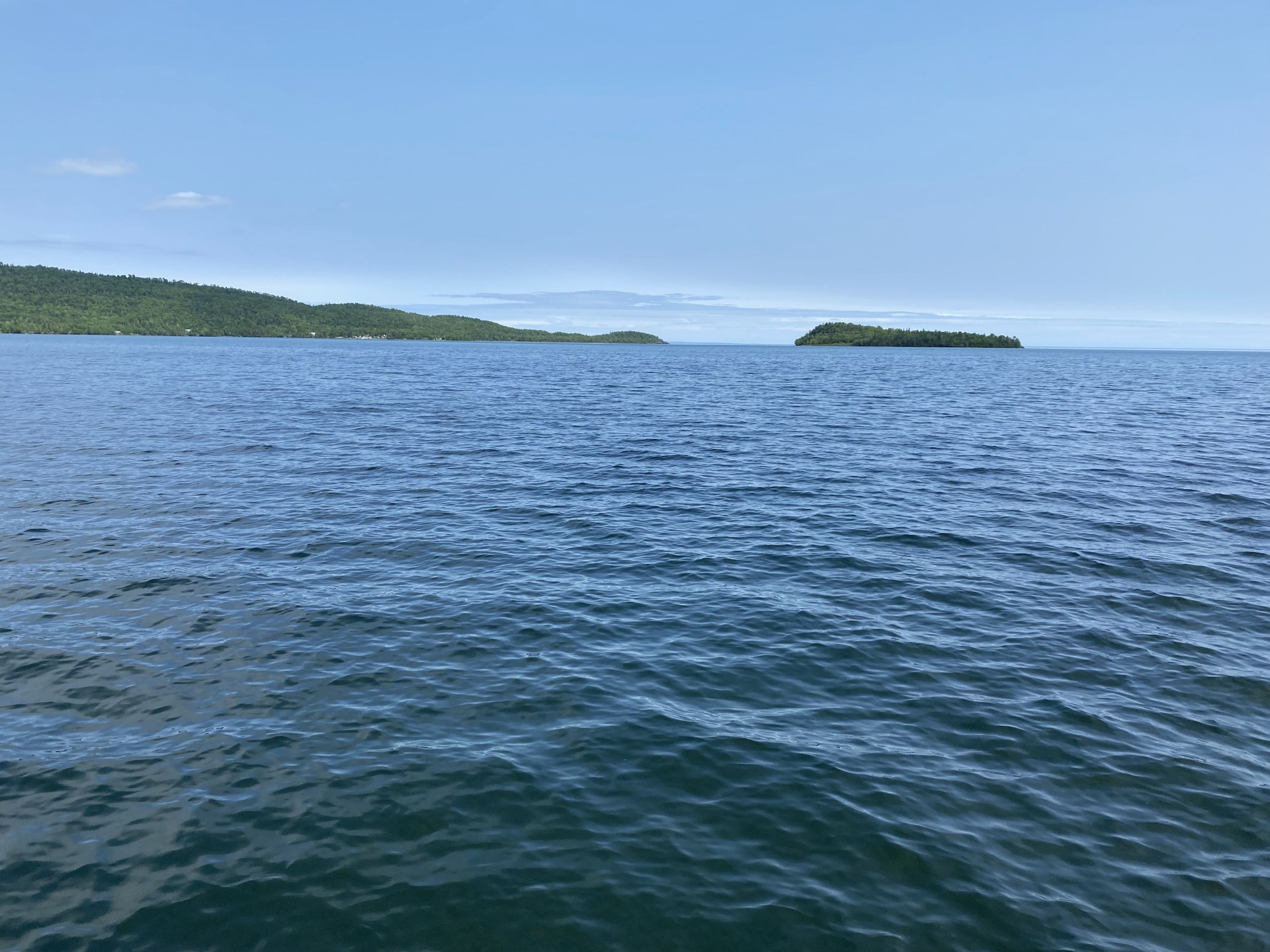The human rights paradigm
Turkey’s “human rights industry,” by all realistic criteria, brings together a colorful parade of self-declared intellectuals. Believe it or not, the sad truth is, there are many racists among them, disguised as anti-racist activists.
Probably only in Turkey there are human rights champions who wish to, well, to put it mildly, “make love” with an entire ethnicity — his own. Only in Turkey can there be so many human rights champions, who discriminate for the sake of anti-discrimination. Human rights bigwigs so full of hatred and prepared to violate the most basic of all human rights…
However, Turkey’s problems are not limited to what this column calls “the intellectual trap” — the trap that makes intellectuals perfect fascists, sometimes to their own unawareness.
How bad, the state terror reminiscent of “the old times” killed a PKK suspect and his 12-year-old son in Kiziltepe, Mardin (there were more bullets in the boy’s body than his age!). Moreover, how good, the incident became the talk of the day, like in a decent country, and the suspects were immediately suspended and prosecuted (although there is a judicial blackout on the legal proceedings).
In addition, how bad, it went grossly unnoticed when a PKK landmine killed the wife of a military officer and her baby. The incident in Kiziltepe is “intellectual conversation.” How bad, it does not sound intellectual enough to talk of the officer’s tragedy. Blame it on intellectual selectiveness!
Two weeks ago, more than a hundred Turkish and foreign human rights elite debated what should a proposed human rights institution in Turkey be like. Nice debate, but it grossly missed the heart of the matter.
Well, Orest Nowosad from the U.N. office of the High Commissioner for Human Rights did not. Nowosad argued that an independent (or, shall we call it a properly functioning) judiciary is essential for national human rights institutions to rely on. Bingo!
Turkey’s efforts for the establishment of a national institution must be encouraged by all means but a national institution, regardless of what administrative powers it may possess, can only be a joke as long as, in Nowosad’s polite wording, “the judiciary is not independent.”
Apparently, the million-dollar question is, what degree of sanctioning powers a national institution in Turkey should possess. If its powers should be limited to filing a petition for prosecution, it will certainly not function. Any individual can petition for prosecution for rights violations.
There is a paradox here. How can a national institution properly function if its job is to filter appeals and refer them to justice in a country where most allegations of rights violations are in connection with the judiciary itself? (allegations of “unfair trial” have invariably been in the top three areas of complaints petitioned to the Prime Ministry’s Human Rights Presidency.)
The talk of human rights in Turkey will only sound like a bad joke as long as (a) human rights activists fail to understand that human rights are indivisible i.e. rights for everyone, for the 12-year-old boy in Kiziltepe and for the officer’s wife and baby, (b) they are not genuine rights activists, but disguised violators, (c) the judiciary remains as it is, and (d) any future national institution lacks real sanctioning over all state institutions, including the judiciary.


